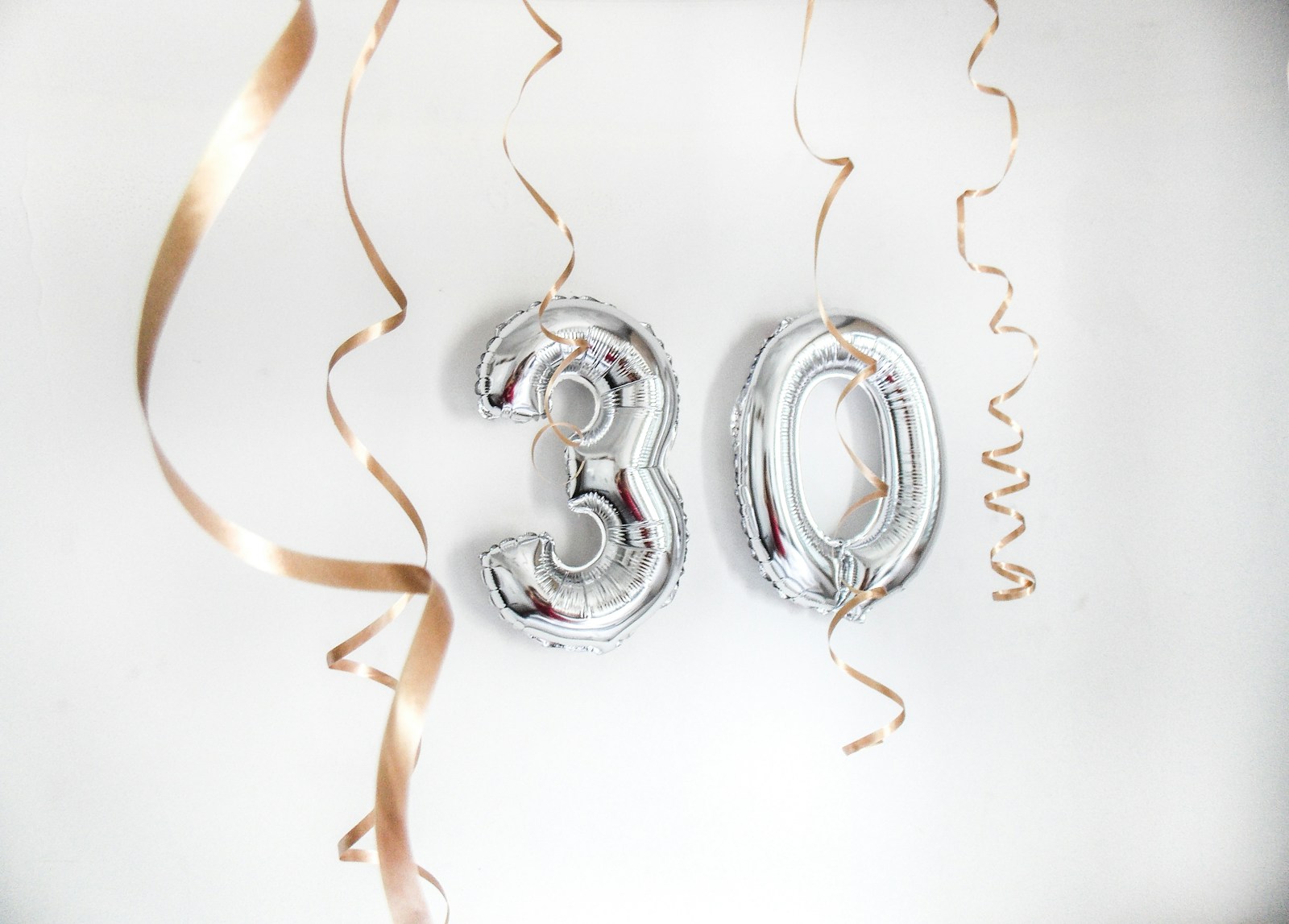
生日
shēng rì

birthday
The Chinese word '生日' is used to convey 'birthday'. It is used in the same way as the English word 'birthday', referring to the anniversary of a person's birth. Much like in English, it can be combined with other words to form phrases such as 'birthday party' (生日派对) or 'birthday gift' (生日礼物).
Example sentences using: 生日
今天是我妈妈的生日。
Jīntiān shì wǒ māmā de shēngrì.

Today is my mom's birthday.
This is a common sentence to express that today is the birthday of someone's mother.
我要为你的生日准备一个礼物。
Wǒ yào wèi nǐ de shēng rì zhǔn bèi yīgè lǐwù.

I will prepare a gift for your birthday.
This sentence is typically used when you're planning to make or buy a birthday present for someone.
她生日那天,我们去唱了卡拉OK。
Tā shēngrì nà tiān, wǒmen qù chàng le kǎlāok.

On her birthday, we went to sing karaoke.
This sentence narrates what was done on someone's birthday, a common activity being singing karaoke.
我的生日快到了。
Wǒ de shēngrì kuài dào le.

My birthday is coming up.
This sentence is usually used by someone who is announcing that their birthday is approaching.
他的生日跟我同一天。
Tā de shēngrì gēn wǒ tóng yī tiān.

His birthday is the same day as mine.
This sentence is often used when someone shares the same birthday with you.
我喜欢在生日时收到花。
Wǒ xǐhuan zài shēngrì shí shōudào huā.

I like receiving flowers on my birthday.
This sentence describes someone's preference for a birthday gift, in this case, flowers.
他爸爸的生日是一月一日。
Tā bàba de shēngrì shì yī yuè yī rì.

His father's birthday is January 1st.
This sentence tells when someone's father's birthday is, here it is on January 1st.
你最好别忘了妹妹的生日。
Nǐ zuìhǎo bié wàngle mèimei de shēngrì.

You’d better not forget your sister's birthday.
This is a sentence that emphasizes that one should remember their sister's birthday.
生日快乐!
Shēngrì kuàilè!

Happy Birthday!
This is a common sentence used to wish someone a happy birthday.
他们将会在生日那天开派对。
Tāmen jiānghuì zài shēngrì nà tiān kāi pàiduì.

They will throw a party on their birthday.
This sentence is talking about someone's plan to host a party on their birthdays.